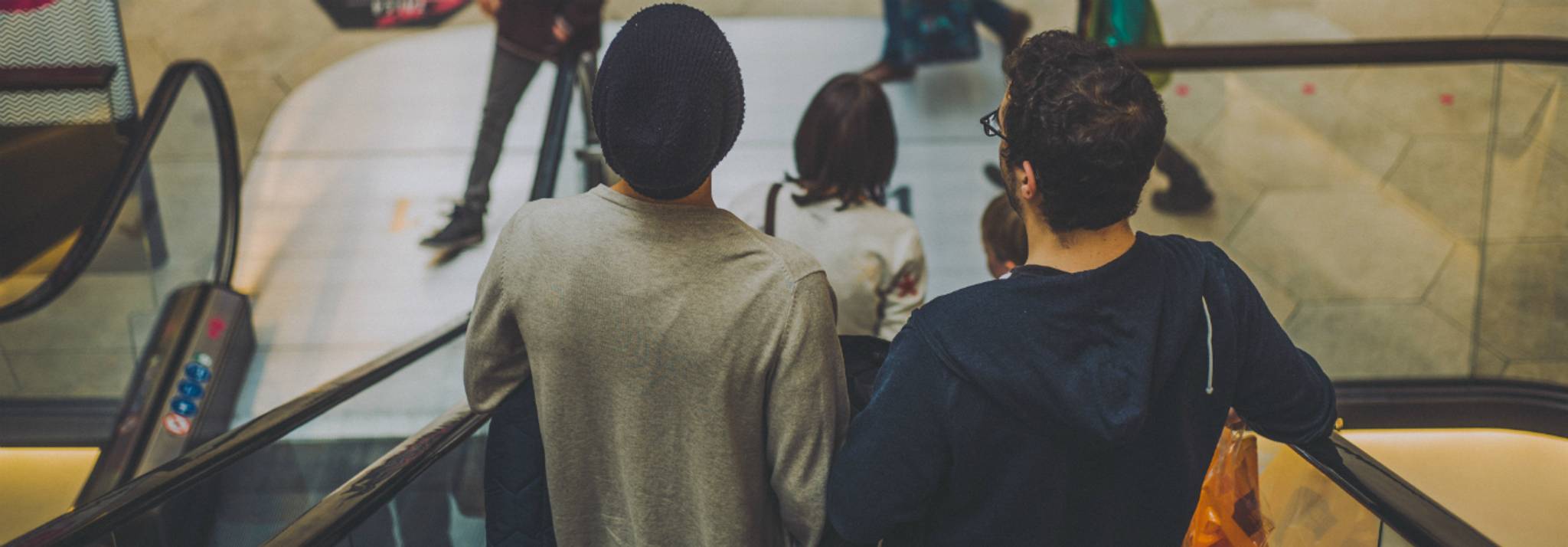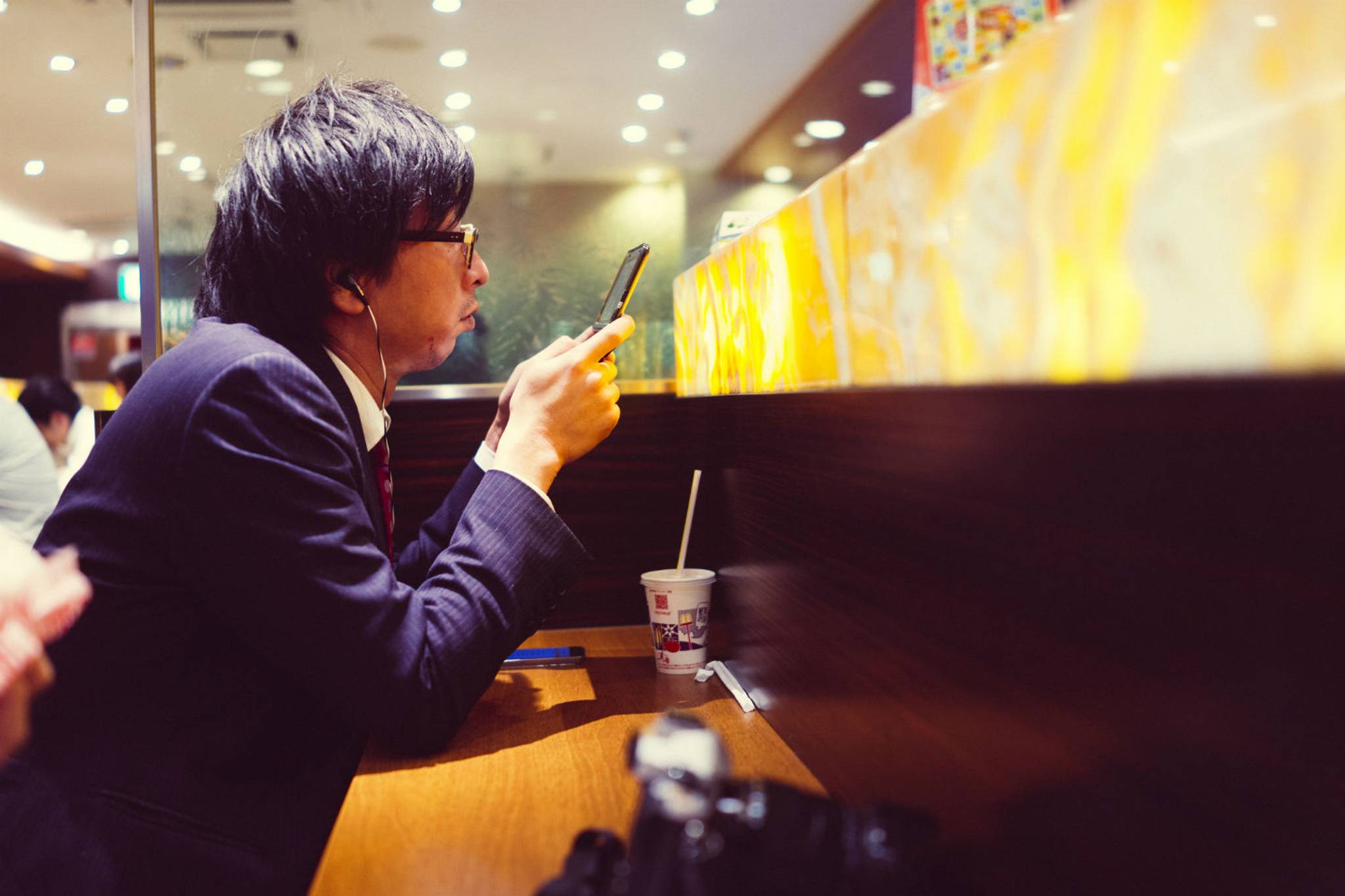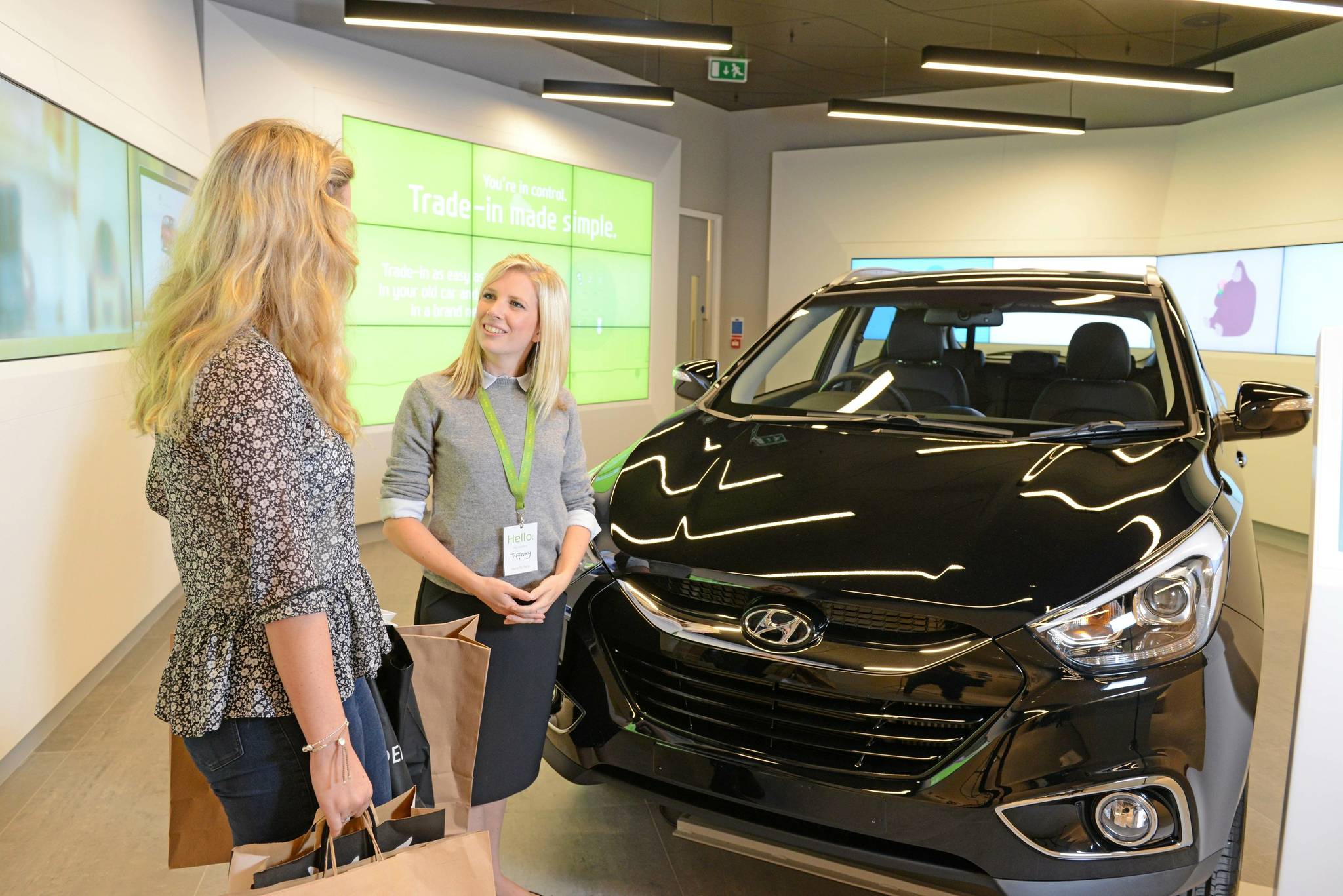
What does it take for you to commit to a big-ticket purchase? The way we shop for larger, more expensive products is substantially different to the way we buy smaller, cheaper items – and as e-commerce further influences our purchasing behaviours, the picture is becoming even more complicated. We unpack the key shopping behaviours impacting how people approach buying big ticket items.
Generally speaking, the way we shop for expensive items such as cars, kitchens and jewellery differs substantially from how we buy smaller, cheaper products. We tend to do more research, and we’re warier of buyer’s remorse. In the past, retailers sought to overcome such barriers by building an in-store relationship with customers, but e-commerce has changed the rules.
Gerald J. Gorn, chair professor of marketing at Hong Kong Polytechnic University, anticipates a “move to more online purchases for big-ticket items.” That doesn't mean that all the old rules of in-store shopping for big-ticket items can be thrown out of the window, though. Instead, Gorn explains that this digital approach will only work “if the consumer feels secure in the belief that what they purchase is what in fact they will get.” And with more than a third of people saying they’re planning to reduce their spending on holidays, televisions, bathrooms and furniture in the wake of Brexit, both physical and digital retailers will need to adapt to the changing nature of how people approach buying big ticket items.
In the 2016 Synchrony Financial Major Purchase Study, people were proven to spend considerable time researching big ticket items, both in-store and online, as well as consulting friends and checking reviews before a major purchase, with a third exploring financing options. The internet was the starting point for 85% of those surveyed. And yet while many have few qualms about snapping up smaller items online, many people are still hesitant buying bigger items in the digital space. "When you're talking about those big-ticket items, that's a riskier purchase for most people and a larger expenditure," says Bobbi Leach, CEO of FuturePay. "People go through more considerations before they make the purchase." So, in general, Gorn suggests that unless an online provider has received impeccable reviews, people will be drawn to offline stores for big-ticket purchases, where physically touching and feeling the product in question give them more confidence in their decision.
“Buyers of big-ticket items often expect higher levels of attention and service in exchange for their premium spending,” says Tim Ash, CEO of SiteTuners.com. “They’re also willing to pay more when they're relaxed. The long cycle often involved in big-ticket purchases can be frustrating for retailers, but customers don't like being rushed.” He suggests that it's possible for online retailers to make up for this by hosting quizzes on their website to personalise a product for their customers and get them emotionally connected.
If brands want to see online success, they must be able to communicate their human qualities onto their web space to encourage good gut feelings in customers about their potential purchases. “No one likes to be rushed into making a decision, and this is especially true when it comes to big-ticket purchases,” says Ash. “Give your buyers the opportunity to make a series of small commitments that are comfortable to them, and they will eventually talk themselves into buying.” Brands like Hyundai – which launched a campaign in 2017 whereby the whole process of buying a car from browsing, to discussing with a salesperson were shifted online – are leading the pack in helping people feel more confident when purchasing high-priced items online.
Brick-and-mortar is king when it comes to convincing people to shop for – and actually buy big ticket items; the tangibility of being able to touch, and sit in your new car before you buy it is hugely appealing. With this in mind, brands are ensuring that they can instil the confidence people get to purchase in-store, online. So whether it be providing customer reviews and comments, or information for people to compare and contrast their potential purchases, if brands can translate this into their online spaces, perhaps people will feel more confident to splash the cash on the web, without having to leave their house.
Darren Loucaides is a travel writer and music critic for the BBC, and a contributor to Canvas8, which specialises in behavioural insights and consumer research. He’s lived and travelled in Italy, the Middle East and Latin America, and has become obsessed with the parallels between cultural and political trends.



